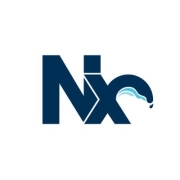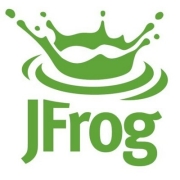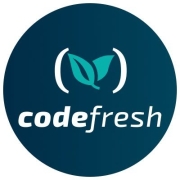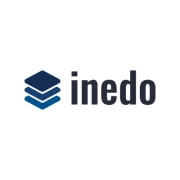Build Automation streamlines software development by automating tedious tasks such as compiling code, running tests, and packaging applications. It enhances productivity, enabling developers to focus on innovation and quality improvement.
This category of solutions is essential for teams that aim to improve efficiency in their software delivery pipelines. It minimizes errors and optimizes workflows by automating repetitive processes that are crucial in modern software development. Leveraging Build Automation allows a consistent and reliable deployment which is critical for maintaining high-quality software products.
What features should be noted in Build Automation solutions?Build Automation is significantly utilized in industries such as IT, finance, and healthcare. In IT, it streamlines software release cycles. In finance, it enhances the reliability of applications critical for transactions. In healthcare, it ensures compliance and high availability of software that powers essential services.
This category enhances development processes by increasing the consistency and reliability of software production. It helps organizations focus on enhancing their software capabilities while reducing workload, thus driving innovation and growth.

















































Build Automation streamlines the software delivery process, reducing manual interventions and minimizing errors. It allows DevOps teams to ensure consistent build quality across environments by automating repetitive tasks like code compilation and testing. This means you spend less time on routine tasks and more on innovation. Automation also facilitates continuous integration and delivery, speeding up the release cycle and improving software reliability.
What are the key features to look for in a Build Automation tool?When selecting a Build Automation tool, you should look for features such as compatibility with various programming languages and platforms, integration with popular version control systems, and support for continuous integration pipelines. A good tool should also offer a user-friendly interface, scalability to handle multiple projects simultaneously, and robust reporting capabilities to track build performance and outcomes.
How can Build Automation improve software testing?Build Automation enhances software testing by integrating testing processes into the build cycle. Automated tests run consistently every time a change is made, ensuring immediate feedback on code quality. This encourages early detection of defects, reducing the risk of bugs in production. Automated testing in the build process also frees up your team to focus on more complex testing scenarios, improving overall test coverage and reliability.
What challenges might you face when implementing Build Automation?Implementing Build Automation can come with challenges such as tool compatibility, process integration, and scaling issues. You may need to invest time in configuring tools and integrating them with existing workflows. There's also the challenge of maintaining scripts and configurations as your project evolves. Training your team to effectively use automation tools is essential for overcoming these obstacles and ensuring successful adoption.
How do you choose between cloud-based and on-premises Build Automation solutions?Choosing between cloud-based and on-premises solutions depends on your requirements for flexibility, control, and cost. Cloud-based solutions offer scalability, reduced maintenance, and ease of access, which can be beneficial for remote teams or startups. However, if your organization requires tight security controls or deals with sensitive data, an on-premises solution might be more suitable, offering complete control over your build environment and data.